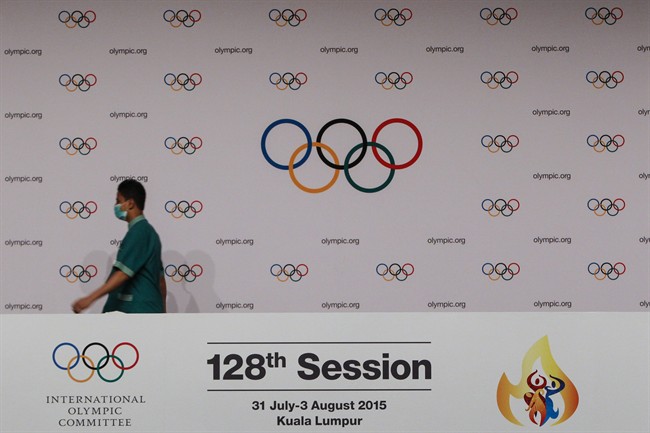The members of the Calgary Bid Exploration Committee were announced this week and interestingly there were no economists included. Presumably the committee will be seeking out such expertise as it carries out its work, because the idea of pursuing the 2026 Winter Olympics requires a thorough cost-benefit analysis. Rather than wait, we sought out economist Trevor Tombe for our show Tuesday, to offer some insight:

As noted above, there is some economic consensus on the question of the economic impact of the Olympics:
…the overwhelming conclusion is that in most cases the Olympics are a money-losing proposition for host cities; they result in positive net benefits only under very specific and unusual circumstances.
The committee will ultimately investigate this question, but as Prof. Tombe himself notes, proponents of a bid are already making the argument that the Olympics will boost the economy:
…The head of Calgary’s Sport Tourism Authority, Doug Mitchell, said the 2026 Winter Games ‘is the kind of injection into our economy that we need.’
He’s not alone. Proponents often point to economic impact studies suggesting billions of dollars and thousands of jobs will result.
In 2002, for example, a report commissioned by the B.C. government projected a $10.7 billion economic boost and 244,000 new jobs from Vancouver’s Games.
Unfortunately, such rosy pictures are often the product of frighteningly misused economic models. Input-output models, as they are called, presume a limitless supply of workers and other resources. Though sometimes useful, they aren’t well suited to mega-projects.
While some sectors, such as construction and hospitality, surely benefit, there are very real and significant displacement effects elsewhere in the economy.
Workers and investment capital have to come from somewhere, and the funds to pay for them come from distortionary taxes. This means the Games more likely shift jobs and economic activity, rather than increase the total.
More careful analysis following various Olympic Games overwhelmingly find benefits are at best only a fraction of what was initially claimed. Many show no gains at all, and some even show a loss.
As Tombe notes, and as we discuss in our interview, if the city wishes to spend money on infrastructure projects to boost the economy, they don’t need the Olympics to do that. If we have infrastructure needs, we can address them without the Games. If we wish to renovate or otherwise improve our existing winter sports facilities, we can certainly do that without the Olympics, too.
Moreover, we’re talking about an event that’s 10 years away. We’re three years away from the host city even being decided. If we’re making the case for economic stimulus, it seems like that’s something we could use right now, not several years down the road.
There may be other reasons to want to host the Olympics, but if we’re doing so because we think it’s going to be a huge economic boost, then we should just abandon this idea right here and now.
Previous thoughts from me on the matter here.
Rob Breakenridge is host of “Afternoons with Rob Breakenridge” on Global News Radio 770 Calgary and a commentator for Global News.






Comments